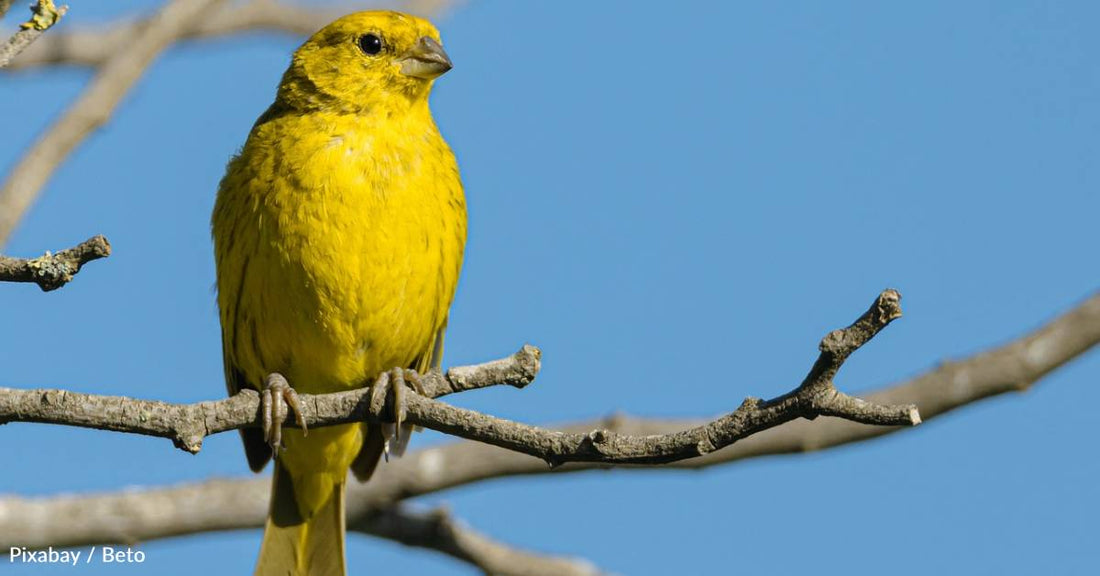Birdwatching May Provide Mental Health Boosts, Particularly in College Students
Michelle Milliken
The older we get, the more we get into birdwatching. At least, that’s a commonly held belief, one that readers (or writers) of a certain age may have proven themselves. A new study finds that college students may want to get into it, too, though, for their mental health.
Research recently published in the Journal of Environmental Psychology investigated whether birdwatching could help the mental wellbeing of college students. The study authors note that the benefits of nature on mental health are well-established. It’s been found to reduce stress, anxiety, and mental fatigue. The team focused on college students for the study, as they’re a group known to suffer a bit more from mental health difficulties, particularly since the COVID-19 pandemic began, and they wanted to see birdwatching’s impacts specifically, as prior research had indicated it can have an outsized impact on wellbeing.
Nils Peterson, study co-author and professor of forestry and environmental resources at North Carolina State University, says, “There has been a lot of research about well-being coming out through the pandemic that suggests adolescents and college-aged kids are struggling the most. Especially when you think about students and grad students, it seems like those are groups that are struggling in terms of access to nature and getting those benefits.
“Bird watching is among the most ubiquitous ways that human beings interact with wildlife globally, and college campuses provide a pocket where there’s access to that activity even in more urban settings.”
To test the activity's impacts, the researchers had 62 NCSU students go on five weekly birdwatching excursions lasting at least 30 minutes. Seventy-seven other students did nature walks, while there were 81 members in a control group. After the experiment, the participants took two different questionnaires to gauge their psychological distress and wellbeing.
The team found that all three groups had improved scores on these assessments, but the birdwatching group saw the most improvements. However, they also found that both nature groups performed better than the control, showing that nature does have its upsides regardless.
The team says that, going forward, more research can be done into why birds have this calming impact on our brains, and whether different demographics may experience the same benefits.
So, even if you’re not quite to “old birdwatching age”, you may want to get those binoculars out and give it a try.
Michelle has a journalism degree and has spent more than seven years working in broadcast news. She's also been known to write some silly stuff for humor websites. When she's not writing, she's probably getting lost in nature, with a fully-stocked backpack, of course.























